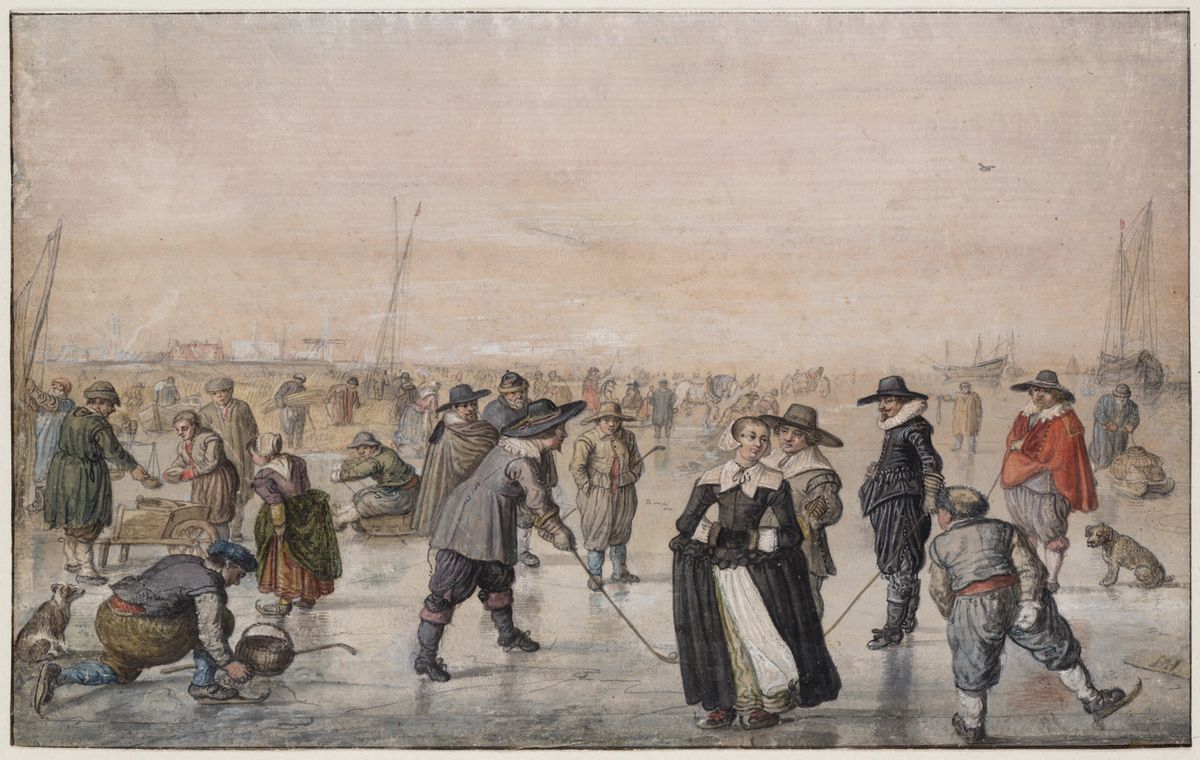The Unsung Healers: 17th-Century Women and Their Revolutionary Role in Health Care

In a time when the world was dominated by kings and queens, there were unsung heroes quietly shaping the future of health care. These were the women of 17th-century Europe, the domestic goddesses who took on the role of the family doctor, pharmacist, and nurse all in one.
Olivia Campbell's article from March 2021 in the Smithsonian Magazine sheds light on these women, who were expected to know how to make household remedies and treat common ailments. They were the primary caregivers in their households, a role often overlooked in our history books.
These women meticulously compiled their remedy recipes in household books, which were passed down through generations. These books were treasure troves of knowledge, containing recipes for balms, distillations, and elixirs to treat everything from headaches to the plague.
But these women were more than just caregivers. They were scientists in their own right, testing and tweaking each recipe, observing the effects, and making adjustments as needed. They were the pioneers of empirical observation, their methods mirroring those of their professional counterparts.
Their work was a subtle act of rebellion against the male-dominated medical profession of the time. Despite being excluded from formal medical training, these women found a way to contribute to health care, using their skills and knowledge to care for their families and communities.
Today, efforts are being made to digitize these household recipe books, bringing to light the significant contributions these women made to health care. These books serve as a testament to the resilience and ingenuity of women, who, despite the constraints of their time, found a way to make a lasting impact on health care.
So, let's celebrate these unsung heroes, these 17th-century women who, in their own quiet way, were revolutionaries. They remind us that everyone, regardless of gender or social status, has the potential to contribute to society in meaningful ways.


